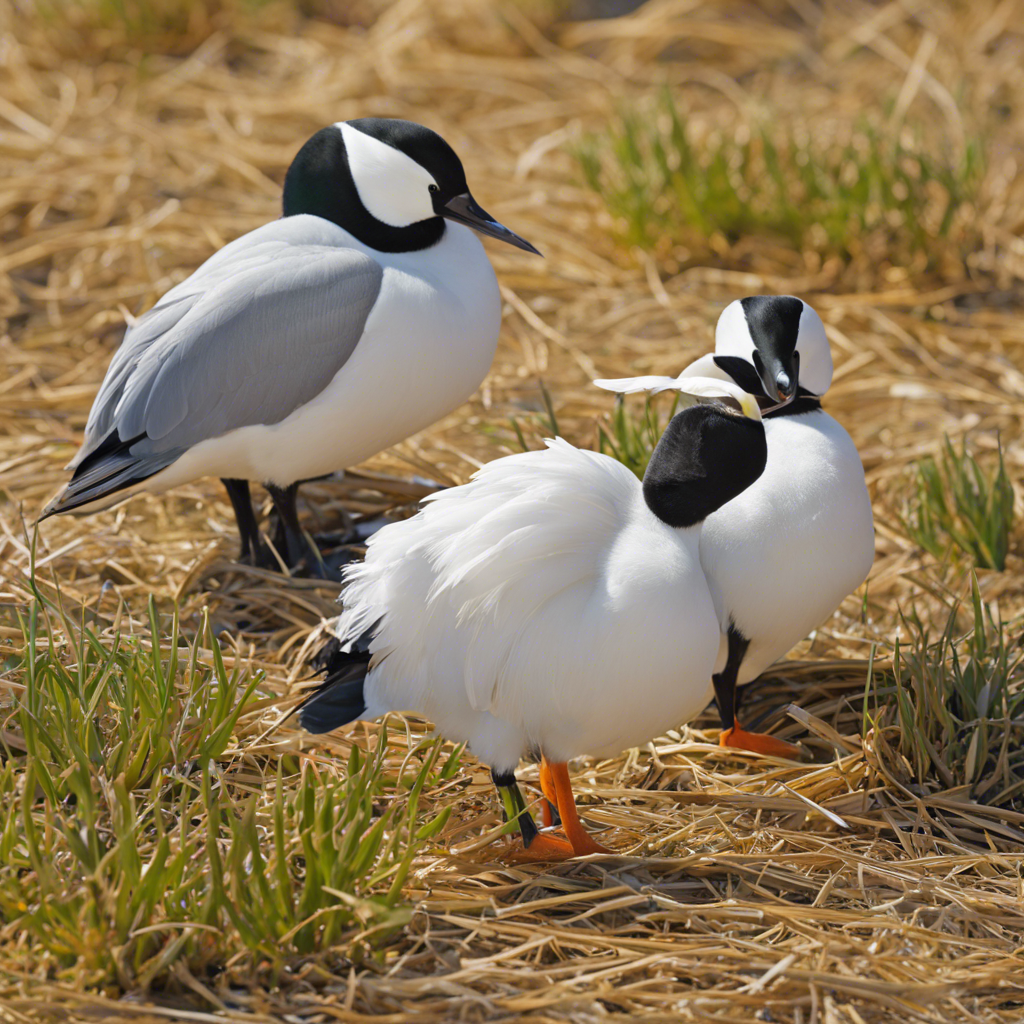Choosing the right breeding pair for your pets or livestock can be a challenging task, especially for beginners. There are several factors to consider to ensure the health and well-being of the offspring and to achieve the desired results in terms of traits and characteristics. Here are some key considerations to help you make an informed decision:
Firstly, it is crucial to assess the health and genetic history of the potential parents. Ensure that both animals are in good health and free from any genetic disorders or detrimental traits that may be passed on to their offspring. Reputable breeders should provide you with a comprehensive health history and genetic testing results for the animals they are pairing. This transparency helps ensure that you are making an informed decision.
Another important factor is the compatibility of the pair. Consider their temperaments and how well they get along. For example, in dogs, it is essential to match the personalities and energy levels of the male and female. A high-energy, active male should be paired with a female who has similar traits to ensure that the puppies inherit these desirable characteristics. Compatibility also extends to the physical attributes of the animals. Assess their conformation, which includes evaluating their body structure, proportions, and overall physical traits. Conformation plays a significant role in the health and functionality of the offspring.
Age is also a critical factor when selecting a breeding pair. It is generally recommended to wait until the animals are physically and emotionally mature enough to handle the responsibilities of parenthood. Breeding too early can have negative consequences on the health of the parents and the well-being of the offspring. Additionally, consider the number of litters the female has previously produced, as this can impact her health and the potential success of future breedings.
Finally, research the pedigree and lineage of the potential parents. Understand the genetic lines they carry and the traits they may pass on to their offspring. This is particularly important if you are aiming for specific characteristics in the litter, such as coat color, size, or temperament. Knowing the pedigree can also help identify potential genetic issues, as certain hereditary problems may be more prevalent in specific lines.

